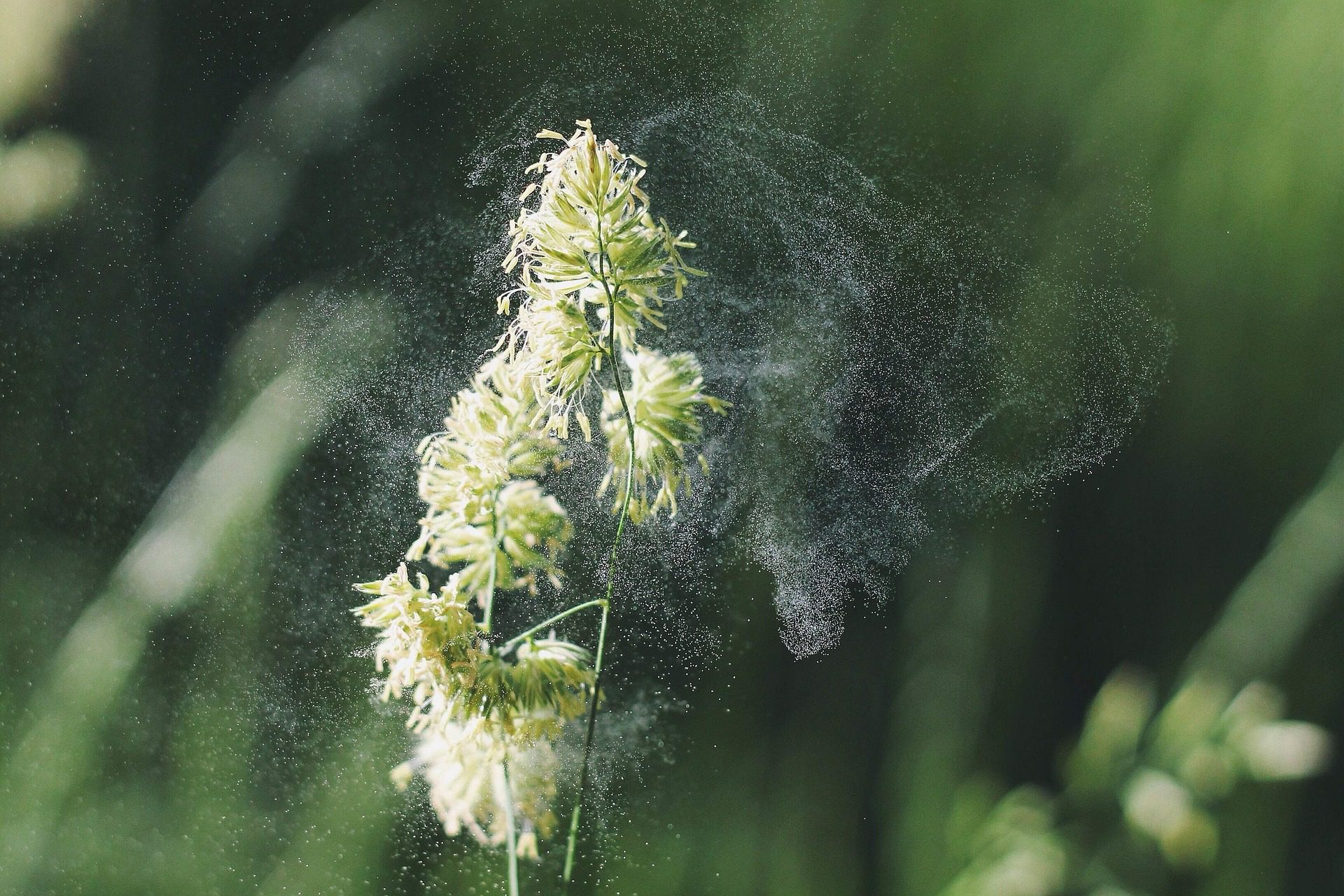HVAC stands for Heating, Ventilation, and Air Conditioning. The good news is that your HVAC system works by drawing in air through vents, heating or cooling the air, and then circulating it back into your house through the ducts.
The bad news is that your HVAC also draws in dust particles, contaminants, dirt, pet hair, and numerous other nasty bits that can flow right back through your vents.
Your air filter helps prevent these particles from entering and potentially damaging the HVAC system, cycling the dirty air back into your house, and potentially being a health hazard. However, if you don’t change your filter then these particles and piles of pet hair accumulate, and the filter will become clogged.
Is there anything hidden in pet hair? Yes, microscopic particles called dander. Dander is flakes of pet skin which is a major source of allergies. Pet dander is usually too small to be caught in an air filter, so it gets cycled back into the air that you and your family breathe. Dander doesn’t harm your HVAC system, but breathing in dander can cause allergies, trigger allergic reactions, and other health problems.


So, when your filter becomes clogged, the HVAC system must work that much harder to intake the air, resulting in lower energy efficiency, higher utility bills, and affect the health of you and your family.
Eventually, your HVAC system’s fans and motors will become overworked and break down, causing you to pay potentially high maintenance costs that you could have easily avoidable.
How often should you change your air filter?
- Vacation home or single occupant and no pets or allergies: every 6-12 months
- “Average” suburban home without pets: every 6 months
- Have a dog or cat: every 2 months
- Have more than one pet or anyone that has allergies: 20-45 days
All it takes is a few dollars on an air filter and five minutes of your time to avoid these issues.
Does your indoor air quality pass the test? Have a certified A&R air quality specialist inspect your home to make sure your home’s air is clean and free of potential risks.









